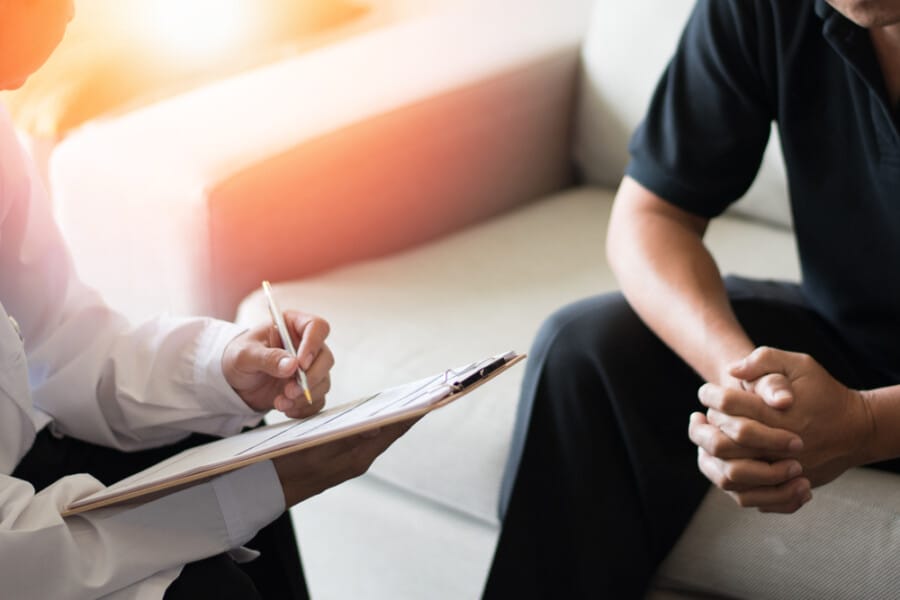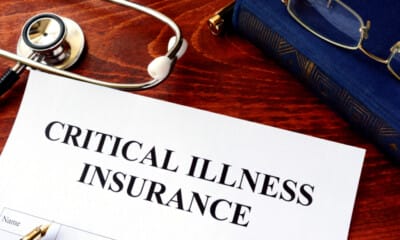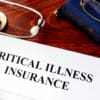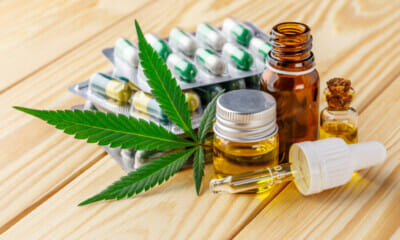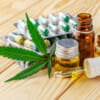A Guide To Navigate Men’s Libido And Sexual Health
Men’s sexual drive and intimacy needs play a significant role in overall well-being, affecting various aspects of life, happiness, and relationships. Many men encounter challenges with erectile dysfunction and other sexual issues that impact their psychological and emotional well-being. Recognizing the importance of these factors, delving into the complexities of men’s sexual health and libido becomes essential. This guide aims to clarify the intricate factors influencing men’s sexual well-being and libido.
Understanding Men’s Libido And Common Sexual Health Issues In Men
Comprehending men’s libido is crucial to understanding their sexual health intricacies. Libido, also known as sexual desire, is fundamental to men’s sexual well-being. Men commonly face various sexual problems such as erectile dysfunction (ED), premature ejaculation (PE), and low libido, significantly impacting sexual performance and relationships. ED hinders erection maintenance, PE causes early ejaculation, and low libido indicates reduced sexual desire. Additionally, issues like difficulty achieving orgasm, lack of sexual satisfaction, performance anxiety, pain or discomfort, decreased sexual confidence, and avoidance of sexual activity can also arise.
Identifying the root causes of these issues is crucial for proper resolution, leading to improved sexual health and overall well-being.
Major Causes Of Poor Sexual Health In Men
Age-related Changes
Decreased libido is a natural part of aging, accompanied by hormonal fluctuations and increasing health challenges. Around 12% of men aged 40 to 60 experience reduced sexual desire.
Health Conditions
Health issues like obesity, diabetes, and heart disease can affect blood flow and consequently impact sexual desire. Diabetic men are more prone to erectile dysfunction and diminished sexual urges.
Lifestyle Factors
Unhealthy habits such as excessive alcohol consumption and chronic stress can lower libido. Conversely, engaging in regular physical activity and maintaining a balanced diet can improve sexual function.
Relationship Issues
Strained relationships and communication breakdowns can diminish sexual desire due to emotional stress. Resolving relationship issues through counseling can lead to improved intimacy and sexual satisfaction.
Psychosocial Factors
Stress, anxiety, and depression can disrupt hormone balance, reducing libido. Seeking treatment for mental health issues can restore well-being and boost libido.
Lifestyle Practices To Boost Libido
Maintaining a healthy lifestyle is crucial for good sexual wellness. Incorporating these lifestyle practices into daily routines can enhance sexual health:
- Regular physical activity improves blood flow to essential organs for sexual function.
- Eating a balanced diet rich in vitamins, minerals, and antioxidants supports optimal performance.
- Adequate sleep aids in hormone balance and vitality.
- Managing stress through mindfulness or relaxation techniques is vital as stress can impact libido.
Treatment Options For Sexual Health Issues
For sexual problems, various treatment approaches can be pursued. Consulting with medical professionals like urologists, endocrinologists, or sex therapists is key to finding tailored solutions for low libido. They can assess your concerns and recommend suitable treatment options. Common treatment options include:
Pharmaceutical Treatments for Erectile Dysfunction (ED)
ED medications such as sildenafil (Viagra), tadalafil (Cialis), and vardenafil (Levitra) are phosphodiesterase type 5 (PDE5) inhibitors that enhance penile blood flow, aiding erections. These drugs are taken shortly before sexual activity and help many men with ED.
Medications and Therapies for Premature Ejaculation (PE)
PE can be treated with selective serotonin reuptake inhibitors (SSRIs) like sertraline (Zoloft), paroxetine (Paxil), and fluoxetine (Prozac). These antidepressants delay ejaculation, improving control. Behavioral therapies such as the start-stop and squeeze techniques involve exercises during sex to enhance ejaculatory control.
Hormone Replacement Therapy
Hormone replacement therapy (HRT) helps regulate hormone levels, addressing hormonal imbalances related to sexual health issues. Testosterone replacement therapy (TRT) specifically treats conditions characterized by low testosterone levels.
Psychotherapy and Counseling
Psychotherapy and counseling can benefit individuals dealing with sexual health issues related to psychological factors. Approaches like cognitive-behavioral therapy and sex therapy aim to address intimacy challenges by identifying patterns causing distress. Counseling provides a supportive environment to explore emotional concerns, relationship issues, and other factors affecting sexual performance.
Natural Remedies
Natural remedies including ginseng, horny goat weed, and maca root, which contain vitamins like Vitamin D and Zinc, may help increase libido and sexual function. Additionally, therapies such as acupuncture and yoga can boost blood flow, reduce stress, and promote general well-being indirectly benefiting sexual function. Consulting a healthcare provider before trying natural remedies is advised, especially if taking other medications.
Seeking Professional Help
Seeking assistance from professionals is crucial when sexual health issues persist or significantly impact daily life and relationships. Prolonged erectile problems, premature ejaculation, or low libido may indicate underlying health issues requiring medical intervention. Emotional distress, relationship challenges, or declining overall well-being due to sexual issues necessitate seeking help from healthcare providers. Timely intervention allows for accurate diagnosis, personalized treatment plans, and tailored support, ultimately enhancing sexual health and overall well-being.
Holistic Approach To Sexual Wellness
A holistic approach acknowledges the interconnected nature of men’s sexual health, considering physical, psychological, and relational factors that impact intimate well-being. By addressing these diverse aspects comprehensively, men can achieve optimal sexual wellness.
This approach involves not only physical fitness and medical care but also emphasizes mental well-being and nurturing healthy relationships. By viewing the individual holistically, rather than focusing on individual symptoms, a holistic approach empowers men to approach their sexual health comprehensively. Prioritizing self-care, communication, and intimacy can lead to a more fulfilling and intimate life.
Optimizing male libido and sexual health requires a nuanced understanding of the various influencing factors and proactive measures to support well-being. By exploring physical, mental, and relational dimensions, men can positively impact their sexual health and foster intimate connections characterized by fulfillment. Providing men with accurate information and solutions to address their sexual drive and performance is crucial for enhancing their quality of life and sexual wellness.


